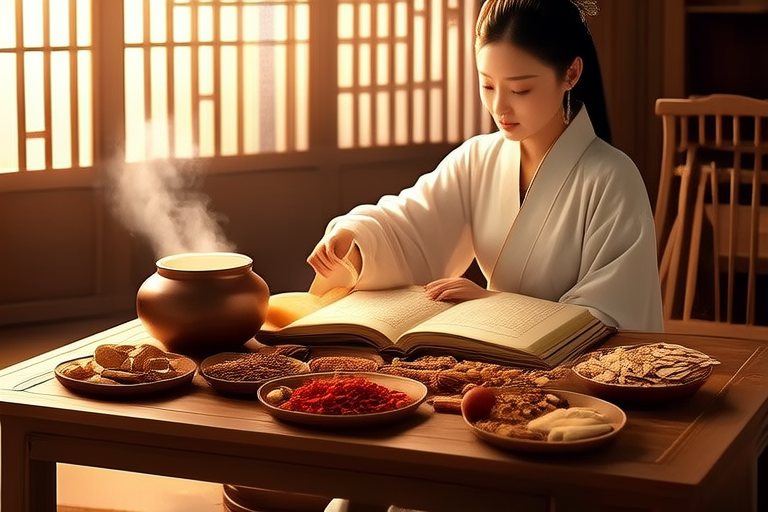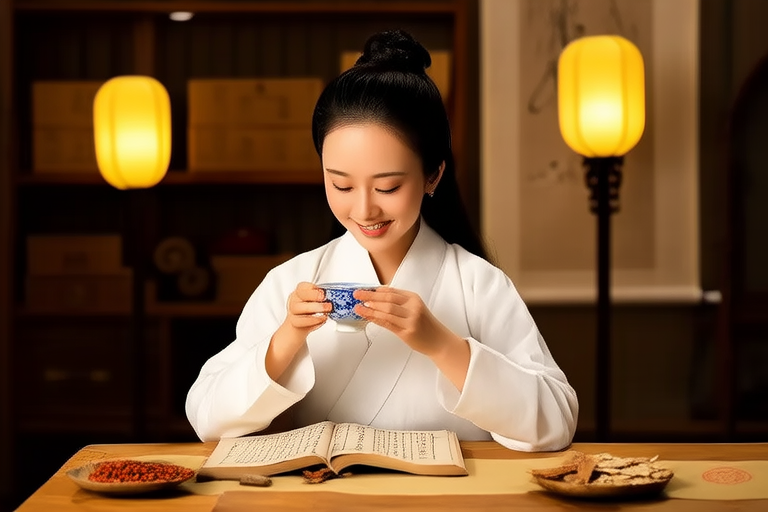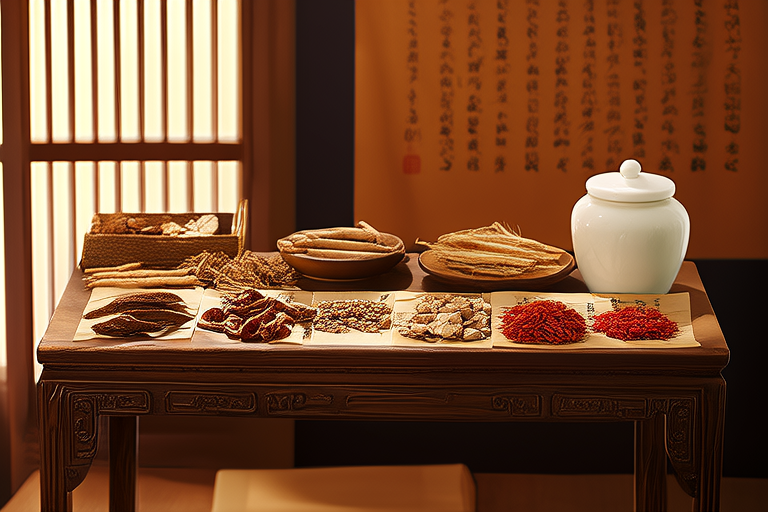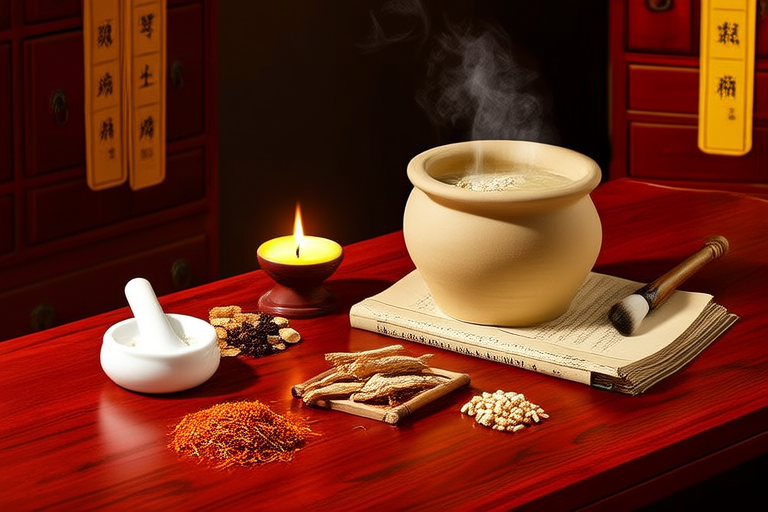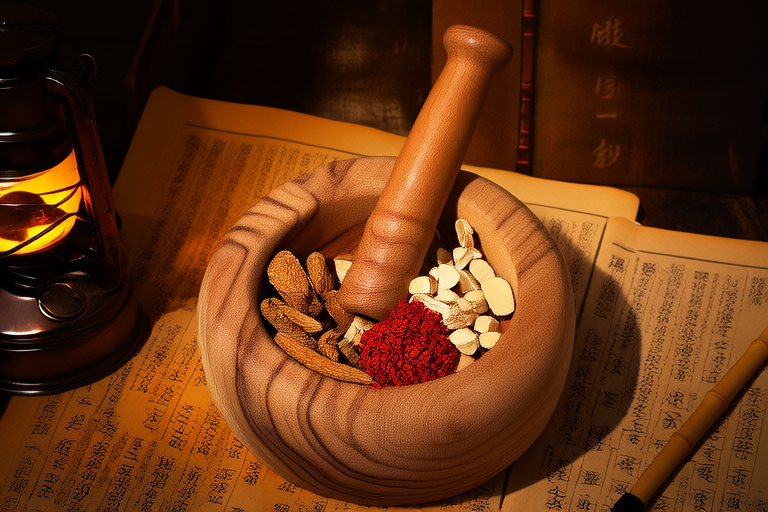Comprehensive Guide to Traditional Chinese Medicine and Wellness
Traditional Chinese medicine (TCM) is an ancient system of healthcare that has been practiced for thousands of years. It emphasizes the importance of maintaining balance within the body to promote health and prevent disease. This article will explore the basic concepts and significance of TCM, provide guidance on lifestyle practices such as diet, sleep patterns, and exercise, introduce common herbs used in daily wellness routines, discuss traditional fitness methods like Qigong and Tai Chi, outline seasonal wellness strategies, and offer advice on how to address specific health concerns through TCM principles.
Basic Concepts and Importance of TCM
At its core, TCM believes in the concept of Qi – life force or energy – which flows through meridians in the body. When Qi becomes blocked or imbalanced, illness can occur. The goal of TCM is to restore harmony by addressing both physical and emotional aspects of health. By focusing on prevention rather than cure, TCM aims to maintain optimal well-being throughout one’s lifetime.
Fundamental Principles of Wellness
Dietary Adjustment
Proper nutrition plays a crucial role in supporting overall health according to TCM. Foods are categorized based on their thermal properties (hot/cold), flavors (salty/sweet), and functions (tonifying/eliminating). A balanced diet should include all five flavors and consider individual constitution when selecting ingredients. For example, those with yin deficiency might benefit from cooling foods like cucumbers and watermelon, while those with yang deficiency may need warming options like ginger and lamb.
Sleep Patterns
Consistent sleeping habits are essential for maintaining good health. According to TCM, different organs correspond to specific hours during which they rest and regenerate. For instance, between 11 PM and 3 AM, the liver recovers; thus, going to bed early allows this process to happen smoothly. Aim for seven to nine hours per night, ensuring adequate time for each organ’s recuperation.
Physical Activity
Moderate exercises like walking, yoga, and swimming help stimulate circulation and strengthen muscles. In addition to these general activities, TCM recommends incorporating specific movements designed to enhance Qi flow and flexibility. These include forms of martial arts like Tai Chi and Qi Gong.
Common Herbs Used in Daily Wellness
Ginseng: Known for boosting energy levels and enhancing mental clarity. It comes in various types, each offering unique benefits depending on the user’s needs.
Astragalus Root: Supports immune function and helps protect against infections.
Chamomile: Often consumed as tea, it promotes relaxation and aids digestion.
Ginger: Warming herb that stimulates blood circulation and relieves cold symptoms.
Traditional Fitness Methods: Qigong & Tai Chi
Qigong involves slow, deliberate motions combined with deep breathing techniques aimed at cultivating internal strength and promoting healing. Practitioners focus on aligning breath with movement while visualizing energy pathways throughout the body.
Tai Chi combines elements of martial arts with meditative practices. Its gentle flowing postures encourage mindfulness and physical coordination. Both disciplines emphasize harmony between mind, body, and spirit.
Seasonal Wellness Strategies
Spring: Focus on detoxification and renewal. Incorporate fresh vegetables into meals and engage in light exercise outdoors.
Summer: Emphasize hydration and cooling down. Eat cooling fruits and vegetables and spend more time near bodies of water.
Fall: Prepare for winter by building up immunity. Increase intake of warming foods and participate in moderate intensity workouts.
Winter: Preserve warmth and conserve energy. Consume nourishing soups and stews, and practice indoor exercises like Qigong.
Improving Specific Health Issues Through TCM
Sleep Insufficiency
Inadequate sleep can disrupt the body’s natural rhythms, leading to fatigue, irritability, and decreased cognitive performance. TCM suggests addressing underlying imbalances through dietary adjustments, herbal supplements, and relaxation techniques. Acupuncture may also be beneficial in regulating sleep cycles.
Stress Management
Chronic stress negatively impacts both physical and psychological health. Techniques recommended by TCM include meditation, aromatherapy, massage therapy, and engaging in hobbies that bring joy and fulfillment.






